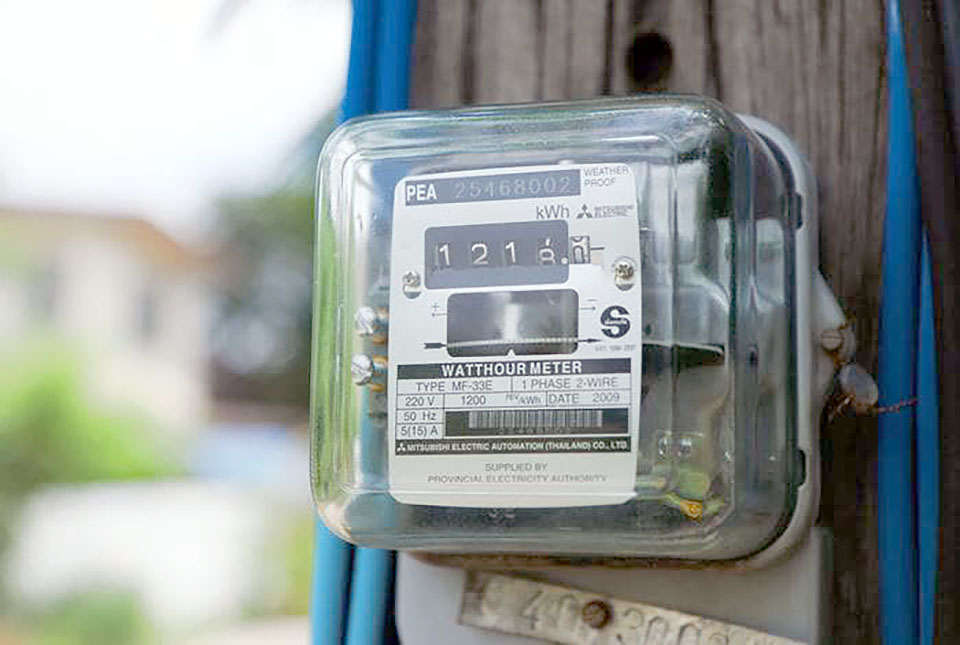
The government has decided to postpone the implementation of the Net Energy Metering (NEM) scheme, which allows households with rooftop solar panels to sell excess electricity back to the utility. Instead, consumers will continue to sell their surplus electricity at a fixed rate of 2.20 baht per unit.
The Energy Ministry conducted a study that identified several challenges associated with the implementation of the NEM scheme. These challenges include regulatory and legal issues, technical considerations, and potential impacts on the stability of the electricity grid.
Regarding regulatory and legal aspects, the current regulations and laws do not support the offsetting of households’ excess electricity with electricity suppliers. Additionally, calculating the value-added tax for such transactions requires a tax base exemption from the Revenue Department.
From a technical perspective, the fluctuating and uncertain nature of solar-generated electricity can create imbalances in the electricity grid. These imbalances may lead to damage to electrical devices and reduce overall efficiency and lifespan. If a substantial amount of solar-generated electricity flows back into the grid, adjustments and resizing of protective equipment in the electrical system may be necessary. Furthermore, control and management systems need to be implemented to ensure the quality and reliability of the entire electricity system.
Given these challenges, the government has decided to put the NEM scheme on hold for now. The decision aims to address the concerns related to regulatory compliance, technical feasibility, and grid stability. It also reflects the government’s commitment to finding the most effective and sustainable ways to promote renewable energy use at the consumer level.
The administration will further evaluate the challenges and explore potential solutions to address the regulatory, legal, and technical issues associated with implementing a robust and efficient NEM scheme. The ultimate aim is to encourage the use of renewable energy sources and promote the conservation of non-renewable energy for a sustainable future. (NNT)






